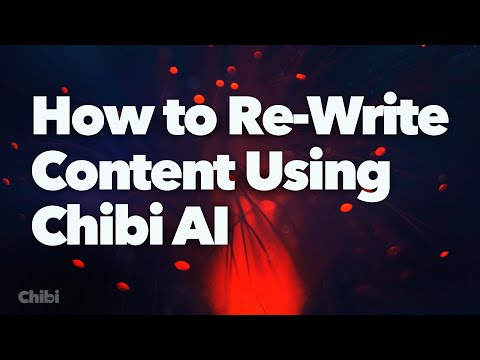Behavioral analytics is one form of AI that is constantly monitoring events and objects to determine their behavior. Examples of situations that could warrant an alert include fire breaking out outdoors, vehicles driving the wrong way into a one-way driveway, and people being thrown to the ground. These systems can also be programmed to detect patterns in human behavior. In one example, a door may be closed after a person has presented their proximity card. This kind of technology is becoming a reality.
AI technologies may be a global unifier or a global divider. Some marketing literature has begun to focus on how AI technologies can reduce inequality in underdeveloped countries. In many ways, AI may be a global unifier, if its benefits can be harnessed to improve lives in poor countries. However, if AI technologies aren’t used to address social and economic disparities, they may create new forms of inequality.
Video content recommendations are another form of AI. This technology works by analyzing massive data in real time to deliver highly targeted recommendations. For example, a person’s video watch history and social media data can be collected by an AI system. The AI can identify a person’s face and the context clues that are found within a video. It then recommends videos that will likely be of interest to that person. Such algorithms can improve content recommendations and ultimately increase viewership.
AI-enabled assistants can make purchase decisions for consumers. In addition, AI can translate video captions in a variety of languages. These technologies also allow AI to store consumer data as statistical properties. They may also improve consumer welfare in areas such as healthcare, environment, and targeted advertising. Some applications of AI are healthcare and environment, service marketing, and salesforce management. So while it may seem like AI is replacing humans, the benefits of these technologies outweigh any concerns about human welfare.
As AI continues to improve, ethical concerns have risen. Some countries have begun to regulate AI. For example, GDPR (the European data privacy regulation) contrasts with China’s lack of data privacy law. These examples illustrate the importance of ethics in AI as well as the heterogeneity between countries’ regulation of AI. These concerns are also being addressed in consumer-level research. In fact, this technology is already helping consumers make informed decisions, but it will also be responsible for ensuring that AI technologies are not misused.
As marketing and AI evolve, brands can take advantage of this new technology. AI-powered technologies are automating conversations across multiple social media platforms. AI-based solutions help brands understand what information is most valuable and which will generate the most sales. They can also use this technology to predict ad campaigns and content topics. With the help of machine learning, marketers can stay abreast of the latest trends and innovations in search environments, such as new product launches and trend data.
Another example of the use of AI in advertising is the YouTube recommendation engine. Users upload hours of videos every minute. To ensure a user gets the best possible video recommendation, YouTube AI must differentiate itself from Netflix’s recommendation engine. To do so, it employs a two-part system that assesses the user’s YouTube history and assigns a score to each video. This way, it can provide relevant suggestions based on the user’s viewing history.

